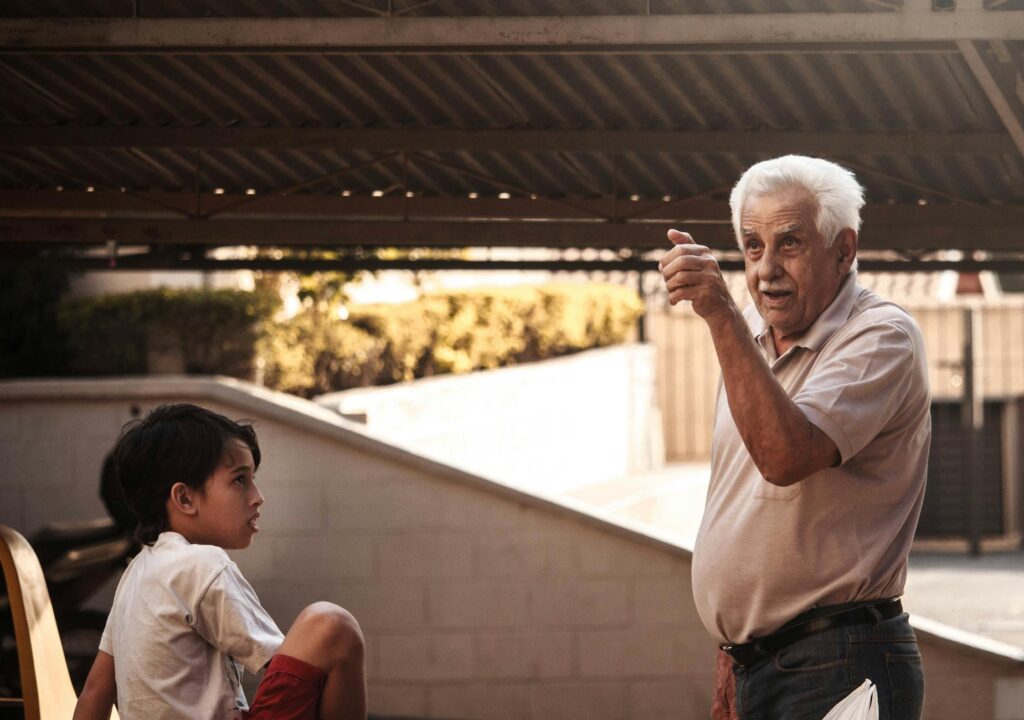What is informal learning experiences?

What is informal learning experiences?
In today’s fast-paced world, the way we learn is evolving. While traditional education methods still hold value, informal learning experiences have gained significant importance. These experiences occur outside formal settings and can take various forms, from casual conversations to online platforms. They offer a unique way to acquire knowledge and skills, making them increasingly relevant for personal and professional growth.
Defining Informal Learning Experiences
Informal learning experiences refer to learning that takes place in a spontaneous and unstructured manner. Unlike formal education, which follows a prescribed curriculum and is conducted in classrooms, informal learning is often self-directed and occurs through everyday activities. This could involve learning from a mentor, engaging in a hobby, or participating in community events.
To clarify, formal learning is structured, typically taking place in educational institutions, with set objectives and assessments. In contrast, informal learning is fluid and can happen anytime, anywhere. For instance, you might learn how to cook a new recipe from a YouTube video or gain insights about a new technology during a casual chat with a colleague.
Characteristics of Informal Learning
Several key traits define informal learning experiences:
-
Spontaneity: Informal learning often arises unexpectedly. You might stumble upon a helpful resource while browsing the internet or pick up valuable skills while volunteering.
-
Social Interaction: Engaging with others is a fundamental aspect. Whether through discussions with peers or networking events, social interactions enhance learning.
-
Self-Directedness: Individuals take the initiative in their learning journey, choosing what, when, and how to learn. This autonomy fosters a sense of ownership over the learning process.

Photo by Maurício Mascaro
Examples of Informal Learning Experiences
Real-life examples of informal learning are abundant:
-
Hobbies: Pursuing hobbies like painting, gardening, or playing an instrument often leads to skill development without formal instruction. You learn by doing and experimenting.
-
Community Involvement: Participating in community service or local clubs can provide hands-on experience and valuable insights.
-
Online Platforms: Websites like YouTube and Khan Academy offer vast resources for self-learners. You can explore a variety of subjects at your own pace.
The Benefits of Informal Learning Experiences
Engaging in informal learning experiences comes with numerous benefits that can enhance both personal and professional development.
Skill Development and Adaptability
In a rapidly changing job market, adaptability is crucial. Informal learning helps you acquire skills that are not always covered in formal education. For instance, participating in a workshop or online forum can teach you new software skills or industry trends. This skill development empowers you to stay relevant and competitive in your field.
Moreover, the flexibility of informal learning allows you to tailor your learning experiences to match your specific needs and interests. You can focus on areas that require improvement or delve into new topics that pique your curiosity.
Enhancing Creativity and Critical Thinking
Informal learning experiences foster creativity and critical thinking skills. When you engage in unstructured learning, you’re often faced with challenges that require innovative solutions. For example, figuring out how to fix a broken gadget by watching tutorial videos can enhance your problem-solving skills.
Similarly, participating in discussions or brainstorming sessions encourages the exchange of diverse ideas, leading to creative breakthroughs. Informal learning cultivates an environment where experimentation and exploration are encouraged, sparking new ways of thinking.
How to Incorporate Informal Learning Experiences into Daily Life
Integrating informal learning into your daily routine doesn’t have to be a daunting task. Here are some practical tips to help you get started.
Leveraging Social Networks and Communities
Social media platforms and community groups can be powerful tools for informal learning. By joining relevant groups on platforms like Facebook or LinkedIn, you can connect with others who share your interests. Engaging in discussions, sharing resources, and asking questions can lead to valuable learning experiences.
Additionally, attending local meetups or workshops in your area can provide opportunities for face-to-face interaction and learning from experts in various fields.
Exploring Online Resources and Courses
The internet is a treasure trove of informal learning resources. Websites like TalentLMS and Easygenerator offer numerous articles and courses on various topics. You can explore free online courses on platforms like Coursera, edX, and Udemy, allowing you to learn at your own pace.
Consider setting aside a specific time each week to explore a new topic or skill. This commitment can transform your learning journey into a fulfilling and enjoyable experience.
Conclusion: Embracing Informal Learning Experiences
In summary, informal learning experiences play a vital role in our personal and professional development. They provide unique opportunities to learn without the constraints of traditional education. By embracing spontaneity, social interactions, and self-directedness, you can enrich your learning journey and adapt to a constantly evolving world.
I encourage you to actively seek out informal learning opportunities in your daily life. Whether through hobbies, community involvement, or online resources, you have the power to shape your learning experience. So go ahead, explore, and discover the wealth of knowledge waiting for you!